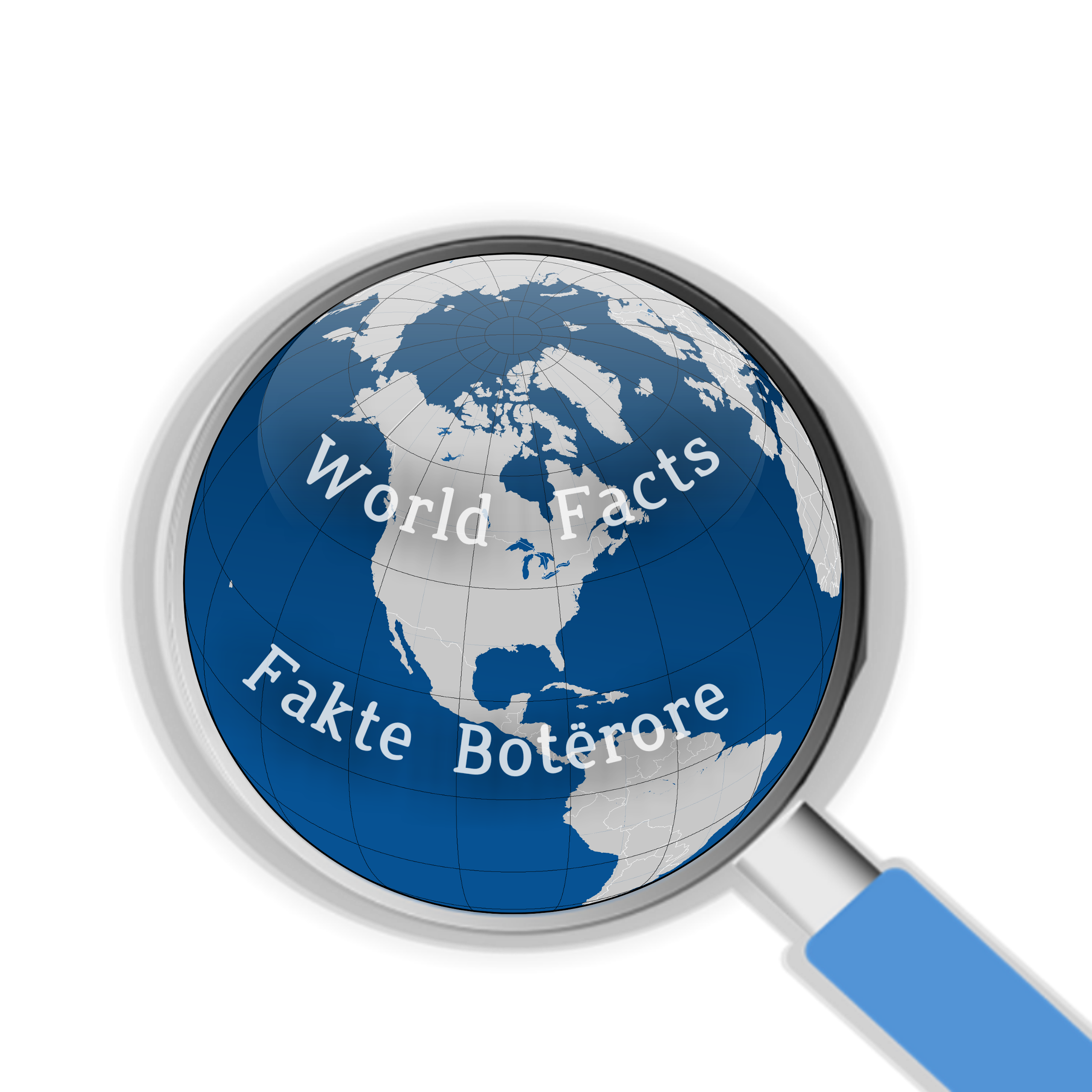The role of women in shaping the Universal Declaration of Human Rights
- Fakte Botërore

- Dec 10, 2019
- 2 min read
Updated: Dec 11, 2019

Today we celebrate the 71st anniversary of the Universal Declaration of Human Rights which is a historic document that was adopted by the United Nations General Assembly on 10 December 1948.
It was the first expression of a global consensus that the rights of every human being were paramount and must be respected.
We all know Eleanor Roosevelt's leading role as Chairperson of the drafting committee of the Universal Declaration of Human Rights. She was certainly the most prominent woman regarded her role in crafting and securing the adoption of the Declaration as her greatest achievement. There is a big reason why The New York Times called her "the object of almost universal respect" in an obituary.
But, other women also played essential parts in shaping the document. Through their pushing particular rights to appear as articles or via changing the very language of the text, women have influenced the shape of the Declaration and made it the universalizing document that must be respected from all.
Here are the other women and their contributions to the inclusion of women’s rights in the Universal Declaration:
Hansa Mehta from India
She is widely known for changing the phrase "All men are born free and equal" to
"All human beings are born free and equal" in Article 1 of the Universal Declaration of Human Rights.

Minerva Bernardino
she was a diplomat and feminist leader from the Dominican Republic who had played a crucial role in arguing for the inclusion of "the equality of men and women" in the preamble of the Universal Declaration of Human Rights.


Begum Shaista Ikramullah from Pakistan
She emphasis freedom, equality, and choice in the Declaration. She championed the inclusion of Article 16, on equal rights in marriage.
Bodil Begtrup of Denmark
She advocated for the Universal Declaration to refer to "all" or "everyone" as the holders of the rights, rather than "all men."

Marie-Hélène Lefaucheux of France
She advocated for a mention of non-discrimination based on sex to be included in Article 2. The final text of the article states that "Everyone is entitled to all the rights and freedoms set forth in this Declaration, without distinction of any kind, such as race, color, sex, language, religion, political or another opinion, national or social origin, property, birth or another status."
Evdokia Uralova of the Byelorussian Soviet Socialist Republic
She argued for equal pay for women and has a great impact on Article 23 states that "Everyone, without any discrimination, has the right to equal pay for equal work."
Lakshmi Menon
She was a delegate of India who argued for the repetition of non-discrimination based on sex throughout the Universal Declaration of Human Rights as well as for a mention of "the equal rights of men and women" in the preamble. She was also known for her advocacy of the "universality" of human rights.
Thanks to those women, today we celebrate the recognition of women's rights as human rights that must be respected from all.











Comments